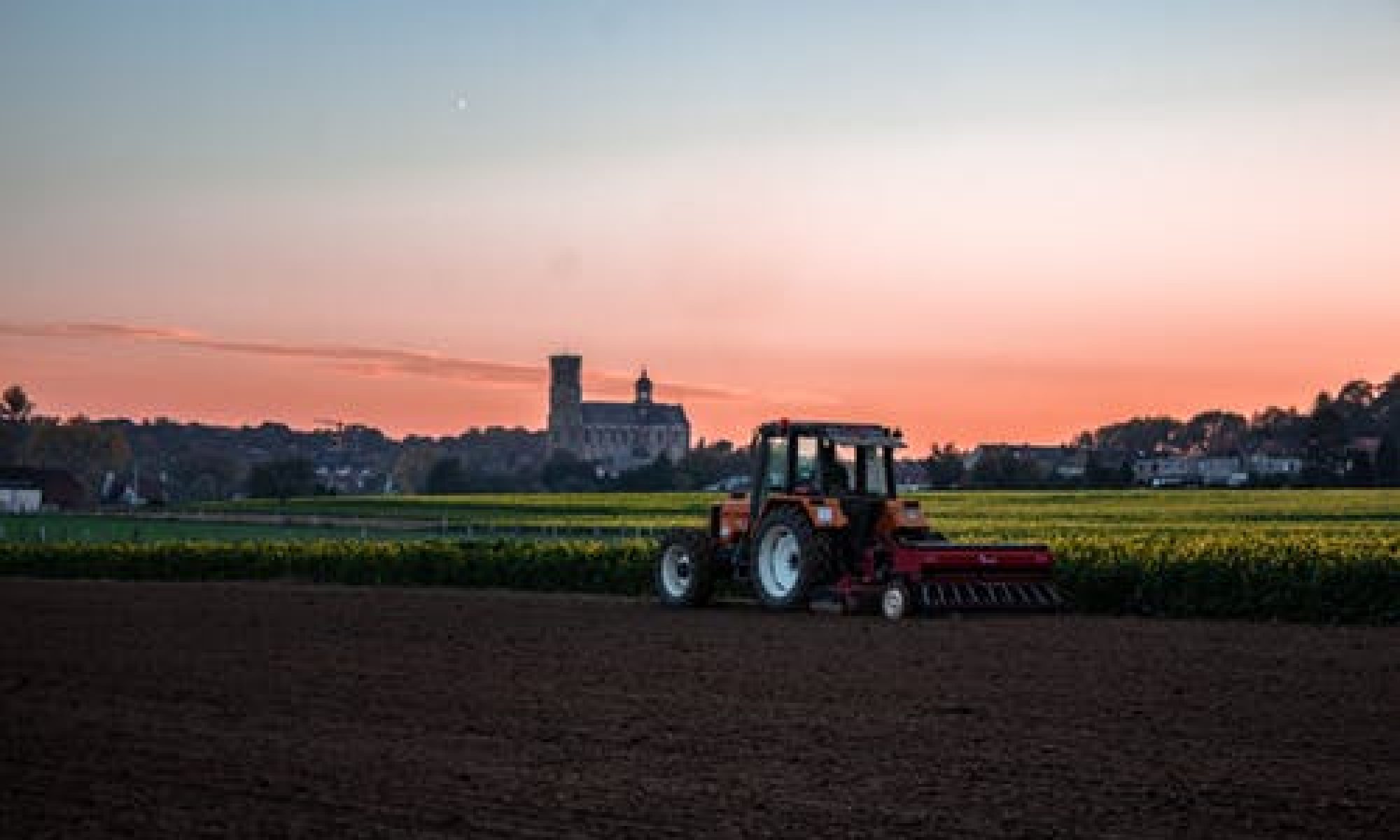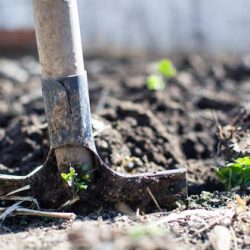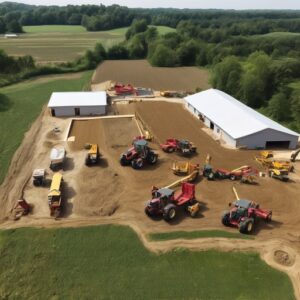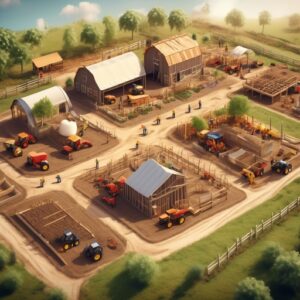In the ever-evolving world of agriculture, the importance of efficient infrastructure cannot be overstated. From storage facilities to irrigation systems, every aspect of a farm’s construction plays a vital role in its productivity and sustainability. Enter the Chief Financial Officer (CFO) Construction Firm, a specialized entity poised to transform the way farms approach construction projects. In this article, we’ll explore four key ways a CFO Construction Firm can revolutionize farm construction, ultimately leading to enhanced efficiency, sustainability, and profitability.
Strategic Planning and Budgeting
A CFO Construction Firm brings a unique financial perspective to farm construction projects. By leveraging their expertise in financial planning and budgeting, they can help farms develop comprehensive construction plans that align with their long-term goals and financial capabilities. This strategic approach ensures that construction projects are not only executed efficiently but also contribute to the farm’s overall financial health.
Moreover, CFO Construction Firms excel in conducting cost-benefit analyses, identifying potential cost-saving opportunities, and optimizing resource allocation. By meticulously planning every aspect of the construction process, from materials procurement to labor allocation, they ensure that farms get the most value out of their investment.
Regulatory Compliance and Permitting
Navigating the complex landscape of regulatory compliance and permitting is a daunting task for any farm undertaking construction projects. However, CFO Construction Firms specialize in managing regulatory requirements and obtaining necessary permits, relieving farms of this administrative burden.
From environmental regulations to building codes, CFO Construction Firms stay abreast of all applicable laws and standards, ensuring that construction projects proceed smoothly without encountering legal hurdles. By proactively addressing compliance issues, they mitigate the risk of costly delays and penalties, allowing farms to focus on their core operations.
Sustainable Design and Technology Integration
In an era increasingly defined by environmental consciousness, sustainability has become a paramount consideration in construction projects. CFO Construction Firms recognize the importance of sustainable design and technology integration in farm construction, offering innovative solutions that minimize environmental impact and maximize efficiency.
Through the incorporation of renewable energy systems, water conservation measures, and environmentally friendly building materials, CFO Construction Firms help farms reduce their carbon footprint and operating costs. By embracing cutting-edge technologies such as precision agriculture and IoT-enabled monitoring systems, they empower farms to optimize resource utilization and enhance productivity.
Project Management and Quality Control
Effective project management is essential for the successful execution of construction projects, and CFO Construction Firms excel in this regard. From project inception to completion, they oversee every aspect of the construction process, ensuring adherence to timelines, budgets, and quality standards.
Utilizing advanced project management tools and techniques, CFO Construction Firms streamline communication, coordinate workflow, and monitor progress in real-time. By implementing rigorous quality control measures and conducting regular inspections, they uphold the highest standards of craftsmanship and construction excellence.
Conclusion
In conclusion, the role of a CFO Construction Firm in farm construction goes beyond traditional contracting services. By combining financial acumen with construction expertise, these specialized firms offer comprehensive solutions that address the unique challenges faced by farms. From strategic planning and regulatory compliance to sustainable design and project management, CFO Construction Firms play a pivotal role in revolutionizing farm construction, ultimately driving efficiency, sustainability, and profitability in the agricultural sector.











